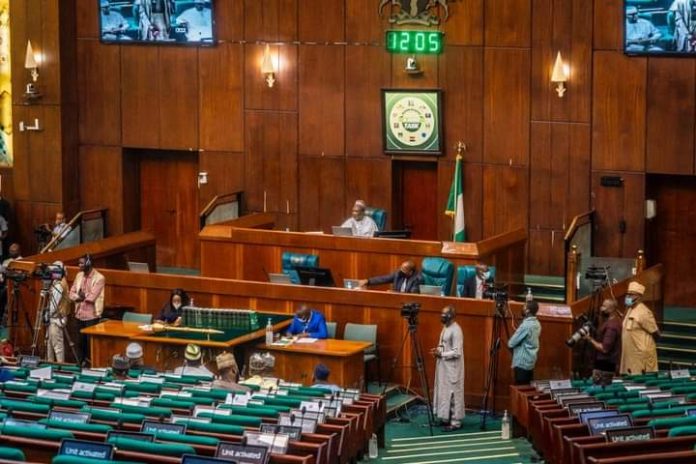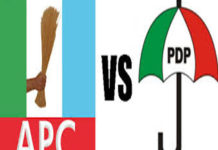The House of Representatives has called for the Central Bank of Nigeria, or CBN, to immediately halt the expansion of ATM transaction fees and the cessation of free ATM withdrawals for clients of other banks.
It said that Nigerians are now facing further financial hardships as a result of the apex bank’s recommendation to raise ATM withdrawal fees and end free withdrawals for consumers using ATMs owned by other banks.
The Green Chamber noted that while the banking industry has continued to generate large profits, it is not reasonable to impose additional fees on customers without also improving infrastructure or service delivery.
In opposition to the CBN’s financial inclusion objective, the House believed that imposing higher ATM withdrawal fees would further restrict Nigerians’ access to financial services by deterring low-income earners from using them.
The House’s decision followed the passage of a motion made by Marcus Onobun during Tuesday’s plenary.
The member who made the motion stated that the CBN had examined the ATM transaction fees listed in Section 10.7 of the CBN Guide to charges by banks and other financial and non-bank financial institutions in its most recent circular.
He emphasized that the aforementioned Guide Section 10.7 was last reviewed in 2019, when it was reduced from N65 to N35 per transaction for ATM transactions.
Customers will still be able to make free withdrawals from their bank’s ATMs under the new arrangement, Onobun added.
He clarified, however, that clients from other banks using ATMs on the bank’s property will be charged N100 for every N20,000 withdrawal.
Customers from other banks who use ATMs outside of the bank’s location, such as in shopping centers, marketplaces, and other public areas, will be charged N100 plus an extra N500 surcharge, Onobun emphasized.
In its resolutions, the House encouraged the CBN to “to immediately suspend the implementation of this policy, pending proper engagement with the relevant committees on banking, finance, and financial institutions”.
It lamented that Nigerians were already grappling with multiple economic hardships, including high inflation, increased fuel prices, electricity tariff hike, and numerous banking and service charges that significantly reduce disposable income and negatively impact the economic welfare of citizens.
The lawmakers said the role of government includes protecting citizens from exploitative financial practices that might lead to further economic distress.









